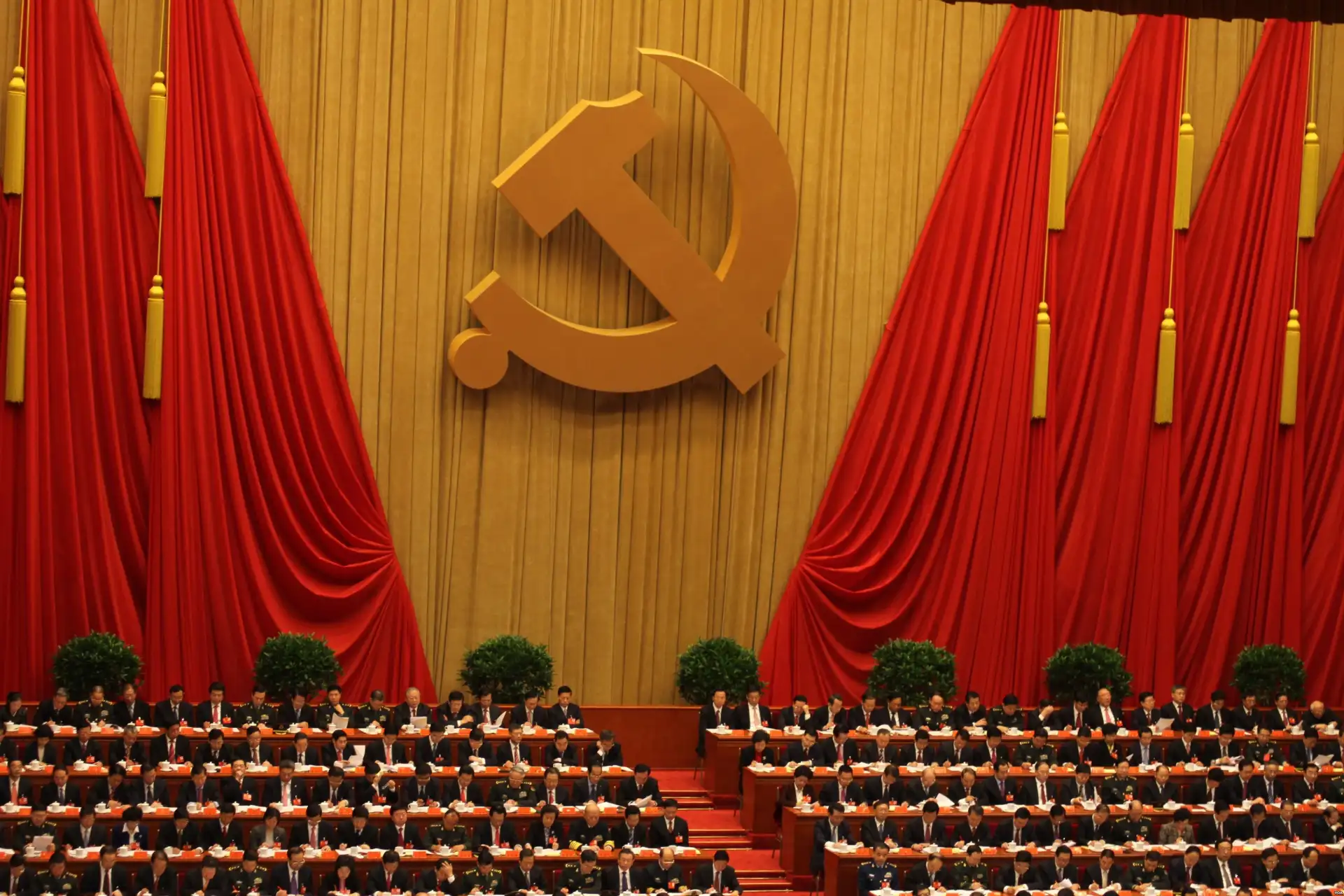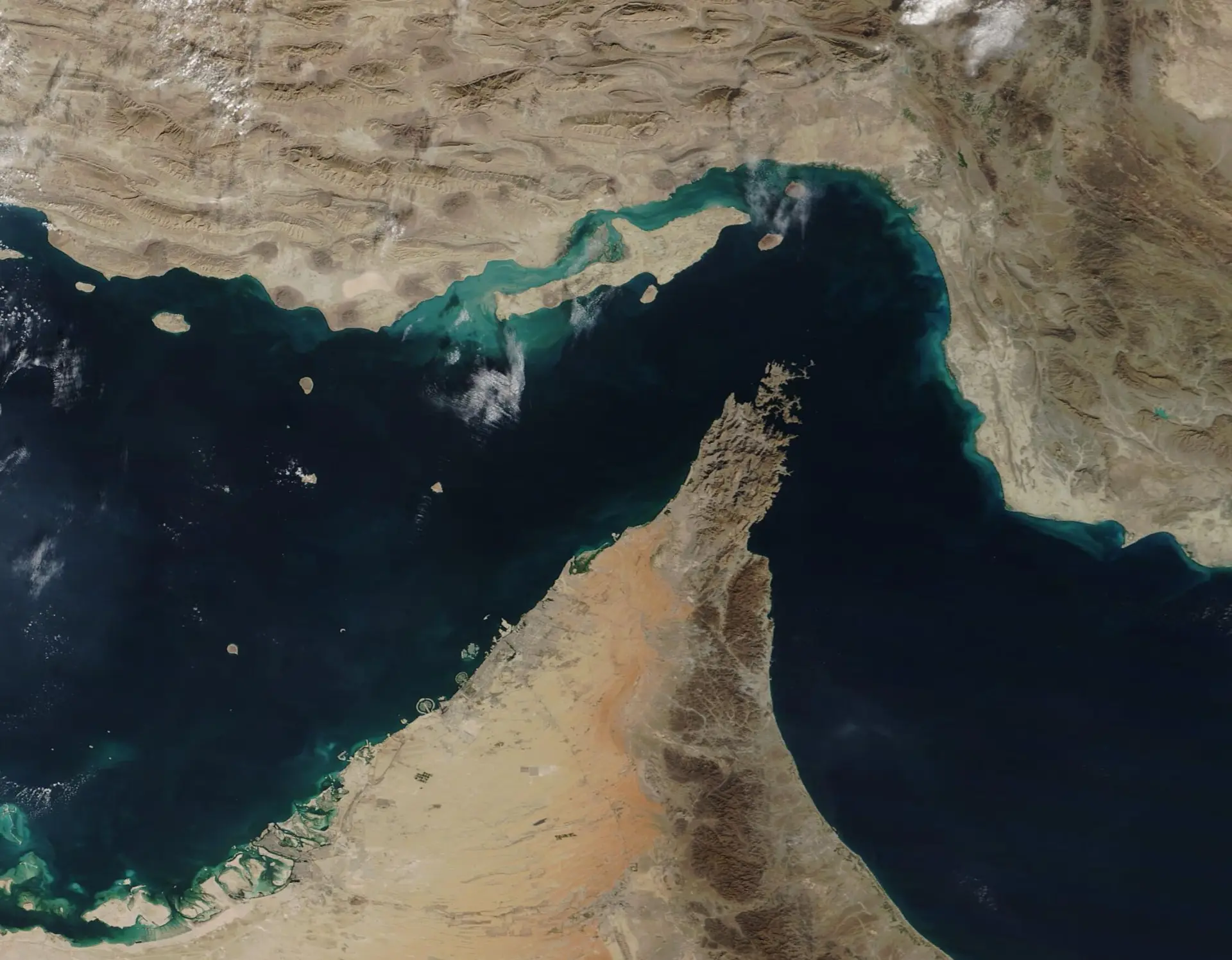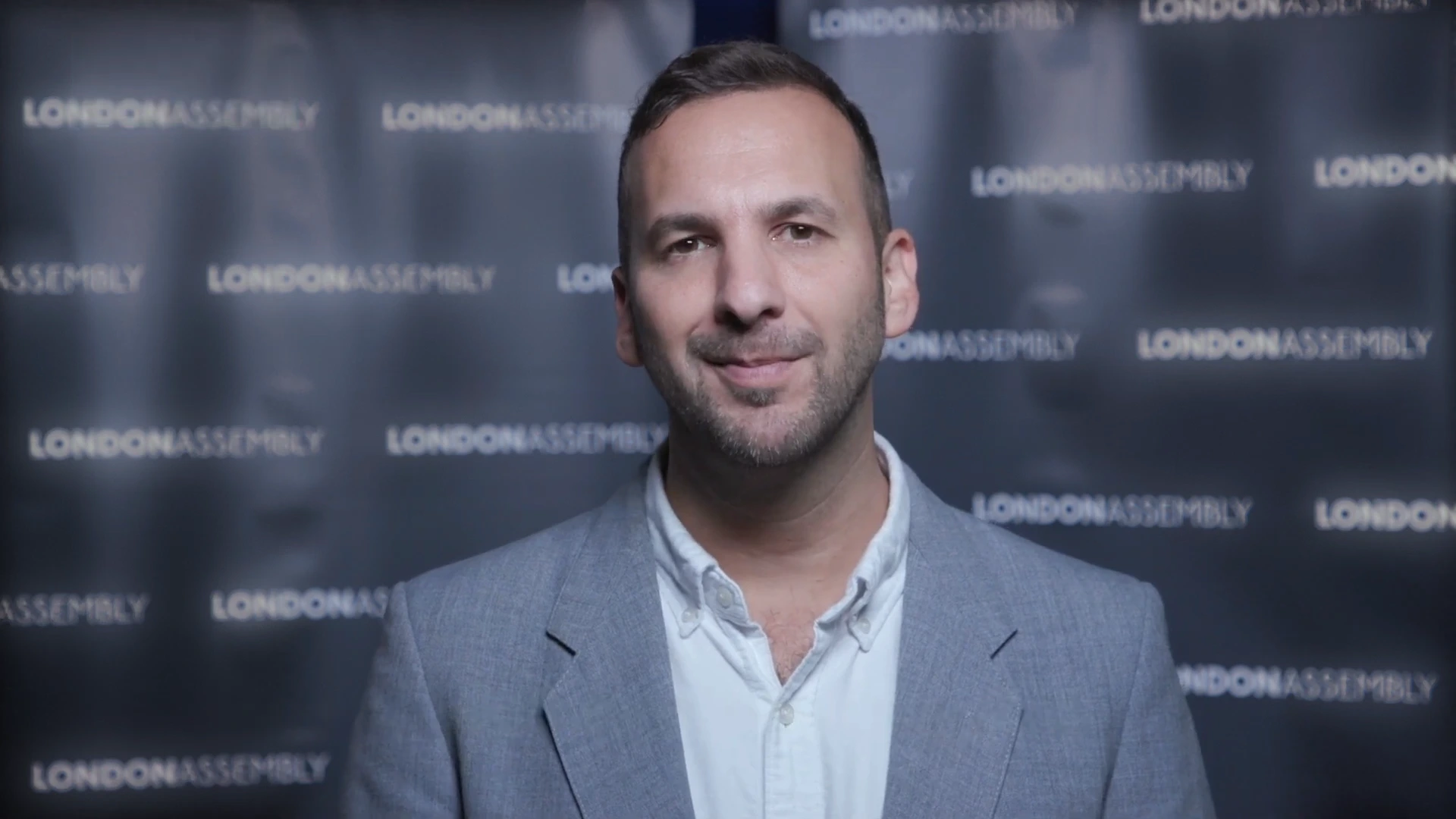Compassion fatigue: How to turn your compassion into positive action

Symptoms of Compassion Fatigue
Did you ever catch yourself feeling really moved by something quite trivial when reading the news, as you skimmed past some tragedy in Yemen or Syria without even paying the slightest bit of attention? Or are you prone to add a like or comment to a Facebook GIF about a silly animal situation, for instance, while ignoring a poignant post about social injustice or an environmental emergency?
If your answer is “yes”, you are not alone. In fact, you fit nicely into the norm: a host of well-meaning people suffering from “compassion fatigue”. There are a number of explanations that account for the problem. However, unlike most conditions, this is one many people are happy to do nothing about.
Causes of Compassion Fatigue
There are a number of reasons why we may succumb to compassion fatigue. Many, but not all are linked to our overexposure to mass media; here are some of them…
A common cause is perceived reiteration. To our minds, old news is not only what happened years, months or weeks ago. Sadly, it is often what is similar to it. If one happens to read about ten migrants drowning in the Mediterranean, one may wonder why they bothered to report it at all. A hundred? Still more of the same. 500? Maybe. A thousand? Ah, now you have my attention!
As Kohelet states: “There is nothing new under the sun.” We have heard it all before, and so, we have become rather immune to it. The problem is that, though history may repeat itself, news does not. The ten people are different individuals in a different tragedy. So is the famine. So is the abuse.
The Hollywood effect is another important factor that contributes to our anesthetised reactions. A CBS producer who covered the war in Lebanon in the early 1980’s observed, “You’ve got a TV audience that’s used to war movies. Real explosions have to look almost as good. There’s almost a boredom factor.” If the news is not up to Hollywood calibre, indifference can steal in.
Perceptions of newsworthiness also compounds the problem and this is linked to our sense of tribalism. As the newspaper, the Brooklyn Eagle, had once put it: “A dogfight in Brooklyn is bigger than a revolution in China.” We are more likely to care for people close to us in space (as well as time). Wars and disasters in distant lands are too remote for many of us to dwell upon much.
This also leads to a vicious cycle, since the lack of interest in foreign news results in less coverage, which in turn makes for a more insular readership or following and one that is less sympathetic to the suffering of people that in some ways are considered as remote. For more insight into this you may refer to the article in our last issue by Jonna Lappalainen entitled Us versus Them.
Even when we do take note of a tragedy, we may only do so for a brief period of time as the story is buried by whatever topic happens to replace it in the spotlight. Milan Kundera put it nicely in The Book of Laughter and Forgetting:
“The bloody massacre in Bangladesh quickly covered over the memory of the Russian invasion of Czechoslovakia, the assassination of Allende drowned out the groans of Bangladesh, the war in the Sinai Desert made people forget Allende, the Cambodian massacre made people forget Sinai and so on and so forth, until ultimately everyone lets everything be forgotten.”
Equally dulling is the barrage of donation requests that are linked to pathetic images with guilt-stirring captions. These lead us to associate the suffering with the just or unjust demands made on us by charities, many of which we may distrust anyway. We are therefore led to dismiss the reality behind the images because of what we may judge as manipulation by those making use of them. As the saying goes, we end up throwing the baby out with the bath water.
Finally, many of us are just overwhelmed by the enormity of the problems plaguing the planet that we are left feeling totally powerless. We believe that there is nothing we can do to improve the lot of the suffering millions, of the exploited animals and of the abused planet, so we close up or blinker ourselves. “¡Que no quiero verla!”
Remedies
Susan D. Moeller discussed this immunity to suffering in her 1999 book, Compassion Fatigue and proposes two solutions. The first is excellent journalism that brings the story to life without the need for sensationalism. Indeed, sometimes powerful journalism may succeed in highlighting the pathos of the story. However, sensationalism can also play its part: a photograph of a Syrian boy washed up on a Greek coast, an Ai Wei Wei take on the subject, for instance. Even then, how long will the effect last?
The second solution she proposes is consistency in foreign reporting, as this will reduce the division between “us” and “them”. Twenty years on from the publication of her book, and perhaps we do feel closer to people in remote countries thanks to the increasing influence of the Internet. Still, even if one does make an effort to keep informed, it is often through a barrage of headlines, which in turn creates a new form of aloofness that is rooted in the superficial way in which news is often followed.
Moeller was, nevertheless, focussing on the responsibility of journalists, and her points are perfectly valid. However, as individuals we too have an obligation to overcome this apathy; to “Rage, rage against the dying of the light!” It is up to us as individuals to keep the stories that matter alive. Not simply for an emotional fix.
Rather, we need to feed our sense of outrage so that we are spurred to do something about the evil and injustice that plagues the world. For indeed, all said and done, most of our problems are man-made. We must make it our moral duty to remember, and our mission to act for a brighter and fairer future for all; in any way we can.
It was in this spirit that UN-aligned was founded and by joining the organisation, our members have already made a stance not to belong to the business as usual majority, but to be part of that force that will bring positive change into the world.
By simply joining, members have given UN-aligned more of a voice and made it more impactful However, UN-aligned also urgently needs active members; people who are willing to take on a more dynamic role. Unlike many organisations that simply want your money to help them carry on with whatever it is that they are doing, UN-aligned wants your passion and your involvement most of all.
Our website is full of suggestions on how you can help, but should you wish to discuss this with our operational team, just contact us and we will work with you individually in order to find the best ways of working together to turn compassion into positive action!





